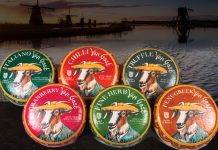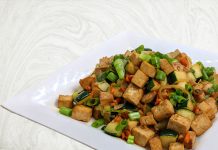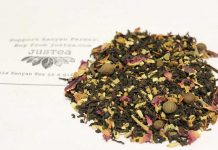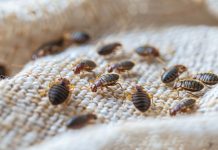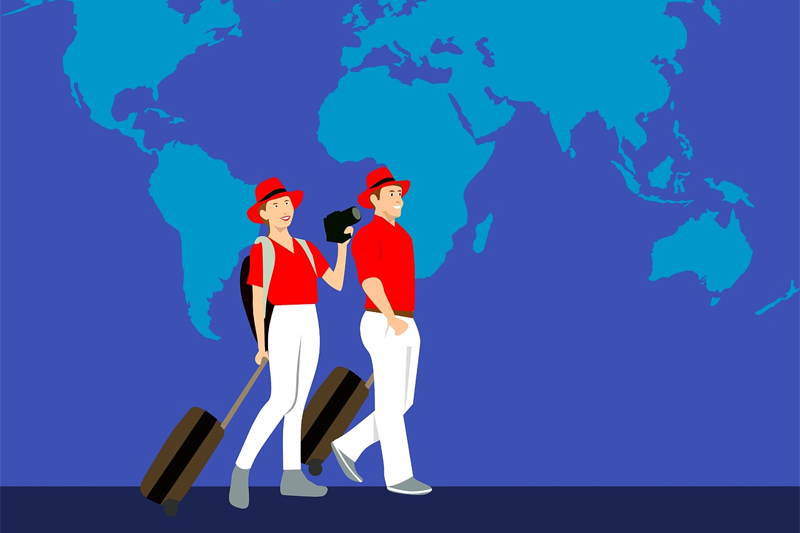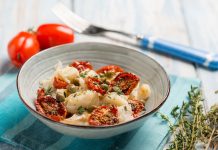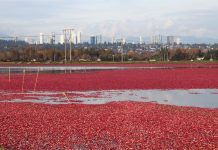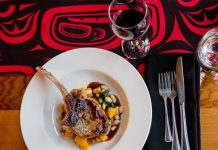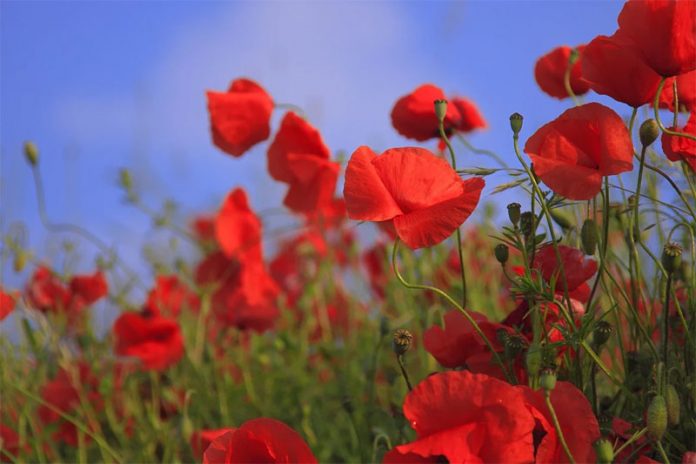Military meals remind us to pause and honour the men and women who served—and continue to serve—our nations, especially on Remembrance or Veterans Day.
Everyday foods like Spam and energy bars owe their origins to military rations. As we observe Remembrance Day or Veterans Day, let’s pause to honour the sacrifices of those who served—and continue to serve—our nations.
A Soldier’s Ration: A Far Cry from Gourmet
British veteran Tony Bennett reflected on his World War II deployment in Burma. He wrote about his experiences with military rations. “When I first had a ‘K’ ration, on a scheme in Shillong, I thought it was good. Maybe it was, compared with the sandwiches the Mess usually provided.”
The American “K” ration often included Spam, a processed meat. Bennett noted that the Australian rations were better. They came with tea tablets, sugar, and powdered milk.
They also offered more meal varieties. Bennett gave the highest praise to the British Jungle Ration, which he believed was mostly made in Canada.
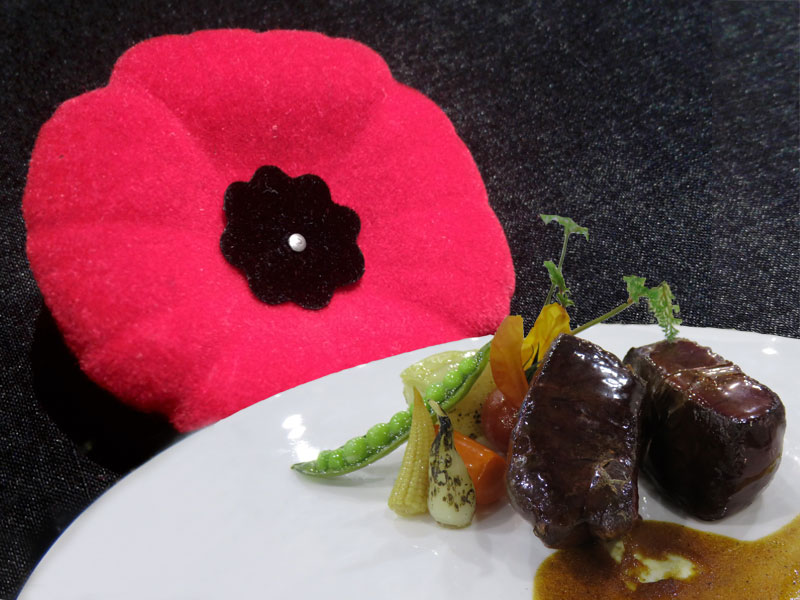
How Military Meals Shaped Our Food Choices
Many of the foods we enjoy today started as military rations. Chewing gum, energy bars, and even Spam all have their origins in military kitchens. These foods were developed for soldiers on the go, ensuring they received the nutrition they needed while in the field.
Spam became so iconic during wartime that UK Prime Minister Margaret Thatcher called it a “wartime delicacy.” The dish also gained pop culture fame. In a Monty Python sketch, Spam appeared in every dish on the menu.
In fact, the joke about military food was famously captured in the BBC comedy Blackadder Goes Forth, where the character Baldrick offered a dish called “rat-au-van”—a not-so-appetizing reference to a rat that had been run over by a van.
Today, however, military meals are far from the joke they once were. With the advent of meals-ready-to-eat (MREs), soldiers now enjoy a range of palatable options that cater to their nutritional needs.
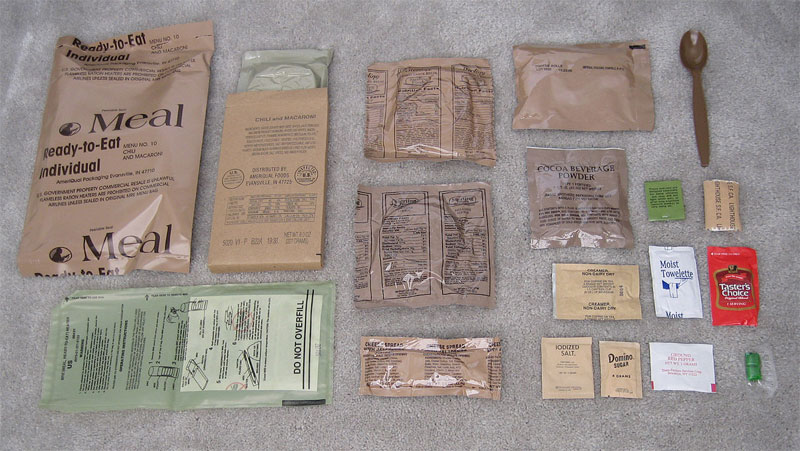
A Symbol of Sacrifice: Remembrance Day and Veterans’ Support
On Remembrance Day or Veterans Day, we reflect on the sacrifices of veterans.
This day commemorates the armistice that ended World War I on November 11, 1918, at 11 a.m. At that moment, we observe a minute of silence. We honour those who served and those who continue to serve in times of war, conflict, and peace.
The red poppy officially symbolizes remembrance. In Canada, people wear the poppy in the weeks leading up to November 11. The poppy honours military personnel who lost their lives in conflict. It also serves as a reminder of the ongoing sacrifices of those who serve.

How You Can Help Veterans
Supporting veterans goes beyond wearing a poppy. “Besides being a visual reminder to support veterans, the money donated to the poppy fund goes to veteran programming and provides for those in financial need,” said Waugh.
The poppy fund also helps acquire trained service dogs for veterans with Post-Traumatic Stress Disorder (PTSD).
These dogs offer comfort and help veterans feel safe, especially when leaving their homes. PTSD symptoms include fear of crowds, intense distress, and vivid nightmares.
Several organizations provide support to veterans. The Royal Canadian Legion BC/Yukon offers many ways to honor and help veterans.
The Veterans Transition Program is the only one of its kind in Canada. It offers free assistance to former Canadian Forces and RCMP personnel facing trauma-related stress, career transitions, and family challenges.
Other organizations like VETS Canada and Honour House provide vital services. VETS Canada helps homeless and at-risk veterans reintegrate into civilian life.
Honouring Veterans Every Day
You can provide financial and volunteer support to these organizations.
Veterans need our help not just on Remembrance Day, but throughout the year. Their sacrifices deserve our ongoing respect and gratitude.
Let’s honour them by donating, volunteering, and supporting their causes. Together, we can ensure that veterans receive the care and recognition they truly deserve.
Posted: November 10, 2016 | Updated: November 08, 2024



